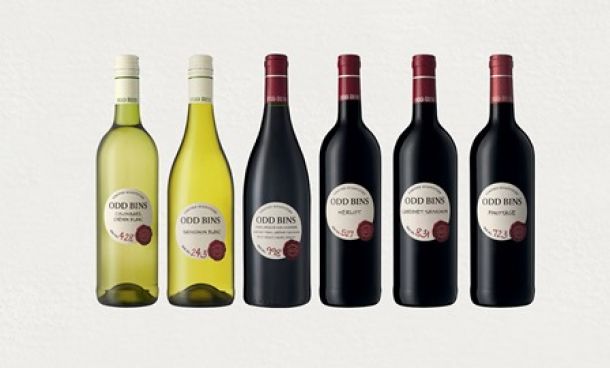What separates cheap plonk from a wallet-whacking trophy wine?
The recent release of several wines whose pricing is as much a marketing statement as it is an assertion of quality has woken the Cape wine industry from its traditional mid-winter slumber.
Mike Ratcliffe — doubtless reflecting on what has been invested in building the Vilafonte brand — tweeted that "greatness takes time. High price is not greatness. Greatness needs to be meaningful globally."
Ross Sleet, head of sales at Cape Legends, went further: "Greatness is earned and bestowed, not sought, bought or desired." Ratcliffe added that the recent "tiny volume trend of ‘highly priced statement wines’ is not that positive for SA’s wine image". Asked to clarify what constituted a silly volume, he said a production smaller than 6,000 bottles was meaningless.
There’s more to this discussion than a couple of wine geeks arguing about who is — or isn’t — entitled to charge large amounts for low-volume bottlings.
First, the concept of what constitutes a high price has been something of a moveable feast, locally and internationally. In the early 1980s Tim Hamilton Russell priced his chardonnay at R30 per bottle, roughly twice the price of Chateau Mouton Rothschild of a comparable vintage. He sold every bottle on allocation — that is, with the trade begging for more.
Today, Mouton costs 15 to 20 times more than the Hamilton Russell, yet the Walker Bay brand remains one of the deluxe icons of the local wine market.
This poses the question of whether our tolerance for premium wine prices is significantly less than it used to be and less than what is accepted in the international trade.
Second, and perhaps more importantly, is it crucial to South Africans to know how a price is arrived at — in other words, how it is "justified"?
There is a story of two multi-millionaire wine estate owners taking a bet where the loser had to buy a case of the other’s wine "at cost price".
WHEN the time came to settle, the victor produced an invoice for R40,000 — and substantiated the claim by showing that, taking into account running expenses, the true cost of the wine was more than R3,000 per bottle.
Highlighting this chasm between the domestic and international trend is the rampant upward price movement of international trophy wines in the past few decades.
The Mouton Rothschild that sold (for a profit to the proprietor) in 1985 at roughly R12 per bottle now leaves the estate for R3,800. Even allowing for inflation, it’s clear the business of producing a top Bordeaux red is more lucrative now than it was 30 years ago. It’s equally clear that the opposite appears true for SA’s top-end producers — and the sudden flurry to release ultra-premium wines may be an attempt to correct this.
If you’re in the business of making these wines, you’re going to want to charge what the market will bear.
Like all high-end purchases, deluxe wine occupies its place on the pricing spectrum as a result of an implicit contract and a social conspiracy. What makes a Jackson Pollack more valuable than a paint-splashed canvas is the agreement among a class of potential buyers that it is art, not rubbish.
What sets the price is the point at which a willing buyer and a willing seller reach agreement. When it comes to trophy wine, the same rules apply.
News Category
- International retailers
- On the move
- Awards and achievements
- Legislation
- Wine and liquor
- Africa
- Going green
- Supplier news
- Research tools
- Retailer trading results
- Supply chain
- Innovation and technology
- Economic factors
- Crime and security
- Store Openings
- Marketing and Promotions
- Social Responsibility
- Brand Press Office
Related Articles

Makro secures exclusive rights to SA’s most sou...

Checkers adds 41 new wines to Odd Bins range

With petrol at almost R20 a litre, food prices ...

Petrol price shocker for South Africa


